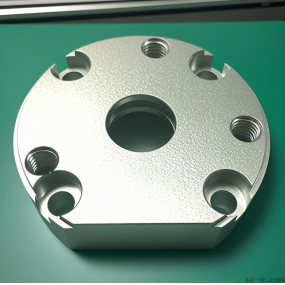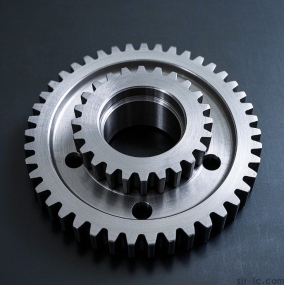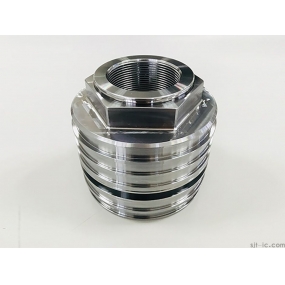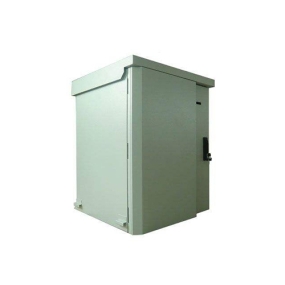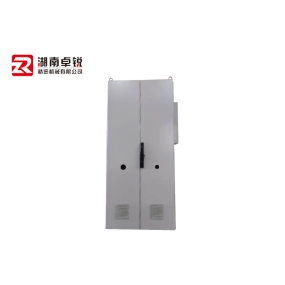🤔 Why is it so difficult to choose a manufacturer for precision mechanical parts machining?
Precision mechanical parts are the "heart" of the high-end equipment manufacturing industry. Ranging from small medical devices and aerospace components to large core parts of automotive engines, their precision requirements are often measured in microns. Choosing the wrong manufacturer can lead to minor consequences such as part scrapping and soaring costs 💰, or even major issues like project delays and safety accidents 🚨. However, there are numerous manufacturers on the market with varying capabilities—how can you quickly identify a reliable supplier?
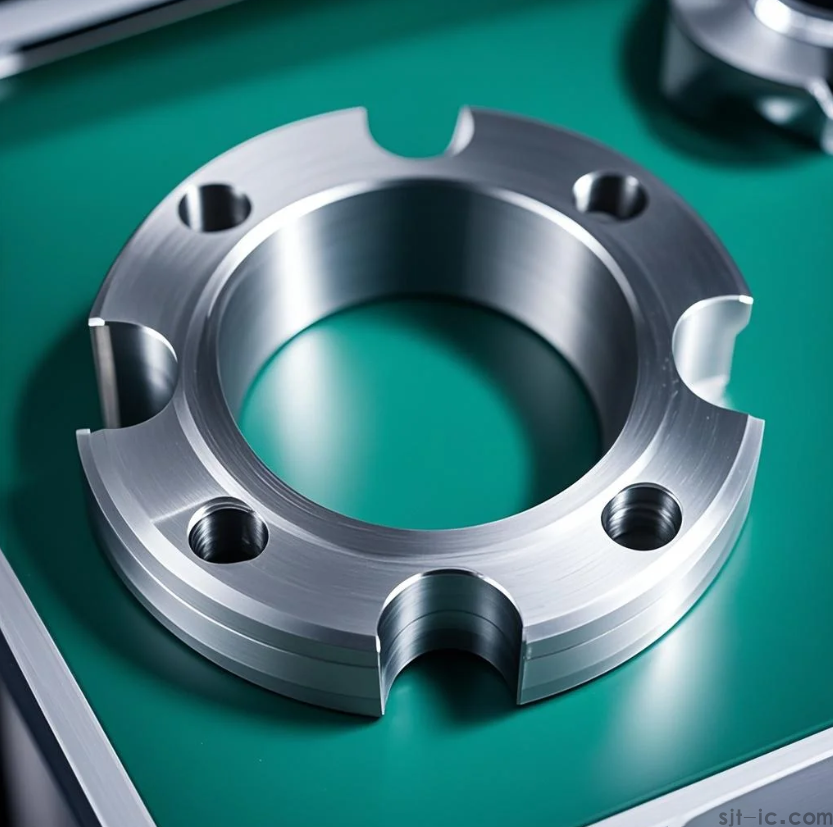
🔍 5 Core Capabilities of a Reliable Manufacturer
1. Technical Equipment and Precision Assurance 🛠️
High-end precision machining relies on equipment such as 5-axis CNC Machining centers, Swiss-type turn-mill compound centers, and wire electrical discharge machining (WEDM) machines. Pay attention to whether the manufacturer discloses equipment brands (e.g., DMG MORI, Mazak) and precision reports (e.g., ISO 2768-MK standard).
👉 Q&A: What precision level can be achieved? — Aerospace-grade parts usually require a tolerance of ±0.005mm, while medical implants may even need ±0.002mm.
2. Material Expertise and Compliance Certifications 📜
Different industries have strict material specifications:
- Aerospace: Titanium alloys and high-temperature alloys (e.g., Inconel 718) require NADCAP certification.
- Medical devices: 316L stainless steel and cobalt-chromium alloys require the ISO 13485 quality management system certification.
- Automotive: Aluminum alloys and powder metallurgy parts require IATF 16949 certification.
⚠️ Manufacturers without certifications may fail to provide material traceability reports, posing extremely high risks!
3. Quality Control and Testing Capabilities 🔬
The key is to check if the manufacturer is equipped with coordinate measuring machines (CMMs), optical profilometers, and roughness testers. 2D projectors can no longer meet the needs of precision measurement.
💡 Case Study: A German automotive supplier suffered over 1 million yuan in losses due to batch product returns, caused by a manufacturer’s failure to detect a 0.01mm profile deviation.
4. Balance Between Large-Scale and Flexible Production ⚖️
- Large-batch production: Focus on automated production lines (with robotic loading/unloading) and production capacity (monthly capacity exceeding 1 million pieces).
- Small-batch, multi-variety production: Evaluate the quick die change system (SMED) and ERP production scheduling system.
✅ Excellent manufacturers can handle both 1,000-piece bulk orders and 50-piece prototype trials simultaneously, with a delivery time deviation of less than 3 days.
5. Cost Optimization and Collaborative Design Capabilities 💰
Truly professional manufacturers will intervene in the design phase:
- Recommend material substitutions (e.g., using 4140 steel instead of 4340, which offers similar strength but reduces costs by 20%).
- Optimize part structures to reduce machining time (e.g., avoiding deep holes and sharp corners).
- Provide DFM (Design for Manufacturability) analysis reports.
🚫 Avoid These Pitfalls! 3 Types of Problematic Manufacturers
1. Outdated equipment but false claims of high precision
Using 10-year-old second-hand machine tools while exaggerating precision (e.g., claiming ±0.001mm without a laser calibration report) → actual machining fluctuations reach 0.02mm.
2. Low-price traps
Is the quote 30% lower than the market price? This may indicate:
- Use of non-standard materials (e.g., replacing ASTM standards with national standards).
- Omission of heat treatment/surface treatment (e.g., cutting costs by skipping nitriding processes).
3. Chaotic management
Lack of an MES system to track production progress → unforeseen delivery delays and difficulty in tracing quality issues.
🌟 Exclusive Data: Hidden Value of a Good Manufacturer
According to industry tests, choosing a top-tier manufacturer can achieve:
- A 70% reduction in scrap rate (from 5% to 1.5%).
- A 30% saving in overall costs (through process optimization and reduced rework).
- A 50% shortening of R&D cycles (avoiding design iterations via DFM collaboration).
💎 Author’s Recommendation: On-site Factory Inspection + Small-Batch Trial Production Are Key!
Focus on the maintenance status of workshop equipment, standardization of quality inspection processes, and employee operation norms (e.g., whether they follow SOPs).


 Spanish
Spanish Arabic
Arabic French
French Portuguese
Portuguese Belarusian
Belarusian Japanese
Japanese Russian
Russian Malay
Malay Icelandic
Icelandic Bulgarian
Bulgarian Azerbaijani
Azerbaijani Estonian
Estonian Irish
Irish Polish
Polish Persian
Persian Boolean
Boolean Danish
Danish German
German Filipino
Filipino Finnish
Finnish Korean
Korean Dutch
Dutch Galician
Galician Catalan
Catalan Czech
Czech Croatian
Croatian Latin
Latin Latvian
Latvian Romanian
Romanian Maltese
Maltese Macedonian
Macedonian Norwegian
Norwegian Swedish
Swedish Serbian
Serbian Slovak
Slovak Slovenian
Slovenian Swahili
Swahili Thai
Thai Turkish
Turkish Welsh
Welsh Urdu
Urdu Ukrainian
Ukrainian Greek
Greek Hungarian
Hungarian Italian
Italian Yiddish
Yiddish Indonesian
Indonesian Vietnamese
Vietnamese Haitian Creole
Haitian Creole Spanish Basque
Spanish Basque

